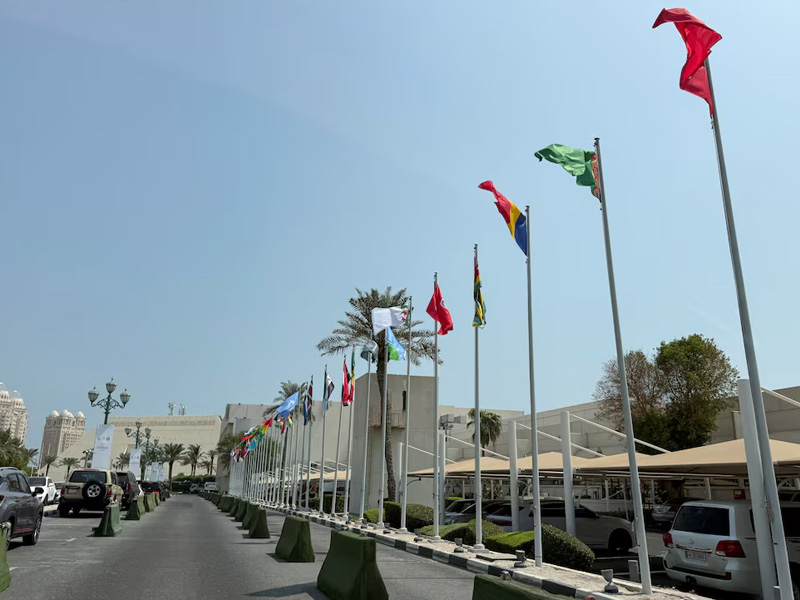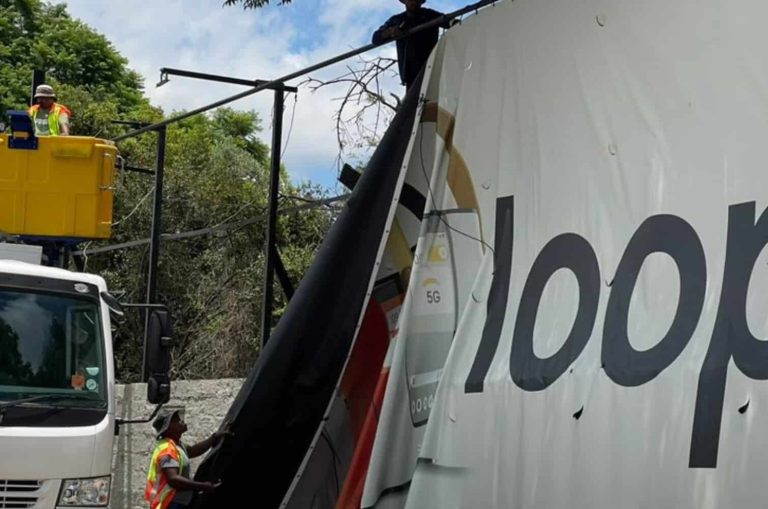
Leaders of Arab and Islamic nations are meeting in Doha on Monday in a show of solidarity with Qatar following last week’s Israeli strike that targeted Hamas officials in the Gulf state.
The attack, which Hamas said killed five of its members but not its leadership, has heightened regional tensions and drawn sharp criticism from Qatar, a key mediator in efforts to end the Israel-Hamas war.
An emergency summit, convened under the auspices of the Arab League and the Organisation of Islamic Cooperation (OIC), began on Sunday with a meeting of foreign ministers to draft resolutions ahead of today’s leaders’ session.
“This gathering is a message that Qatar is not alone … and that Arab and Islamic states stand by it,” Arab League Secretary-General Ahmed Aboul Gheit told Asharq al-Awsat newspaper.
Israeli Prime Minister Benjamin Netanyahu, defiant in the face of global condemnation, warned Qatar to either expel Hamas officials or “bring them to justice,” vowing that Israel would act if Doha failed to comply. He argued that Hamas leaders in Qatar remained the main obstacle to securing the release of hostages still held in Gaza.
Qatar, in response, accused Israel of practising “state terrorism” and sabotaging peace efforts. A member of Qatar’s internal security forces was among those killed in the strike.
The United States also criticised the Israeli action. Former President Donald Trump, describing Qatar as “a close ally working hard to broker peace,” said the attack did not serve either Israeli or US interests. He warned that “such a thing will not happen again on their soil.”
The fallout has deepened strains in Israeli ties with Gulf Arab states, especially the United Arab Emirates (UAE), which normalised relations with Israel under the 2020 Abraham Accords. On Friday, the UAE summoned Israel’s deputy ambassador, condemning both the strike and Netanyahu’s subsequent comments as hostile.
The UAE stressed that Qatar’s stability was an “inseparable part of the security and stability” of the Gulf Cooperation Council, which also includes Saudi Arabia.
Hamas, which launched the October 7, 2023 attacks that triggered the ongoing conflict, is still holding 48 hostages. Qatar has remained a central mediator, alongside the US, in talks aimed at brokering a ceasefire and securing the captives’ release.
Emmanuel Addeh



